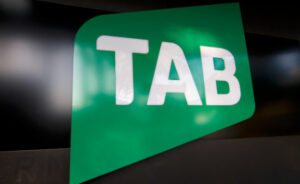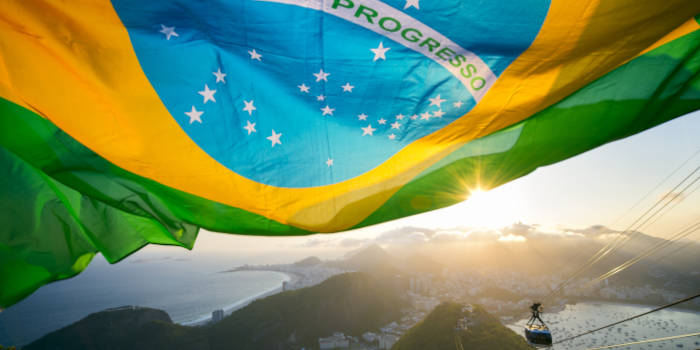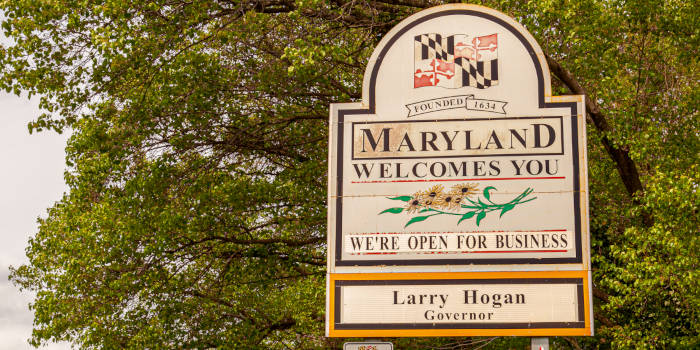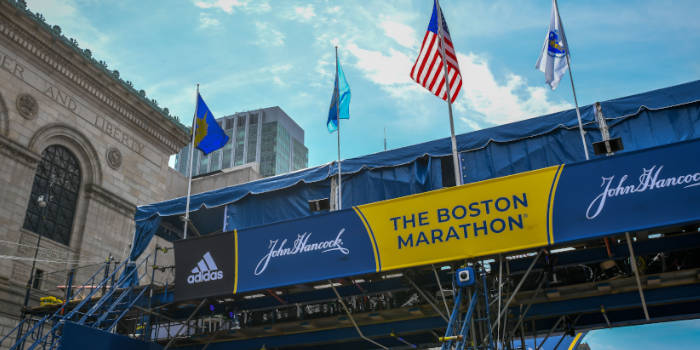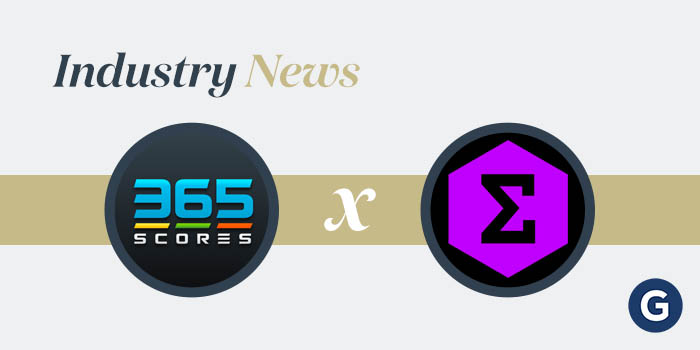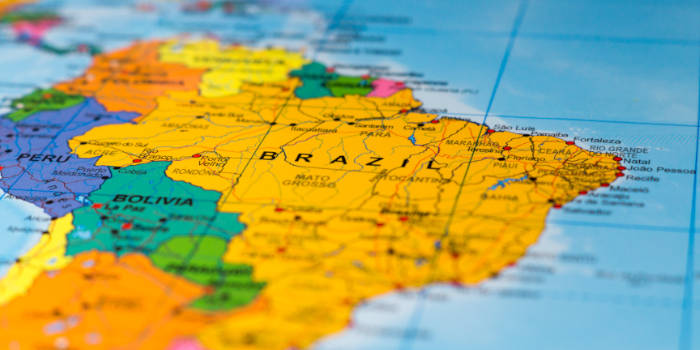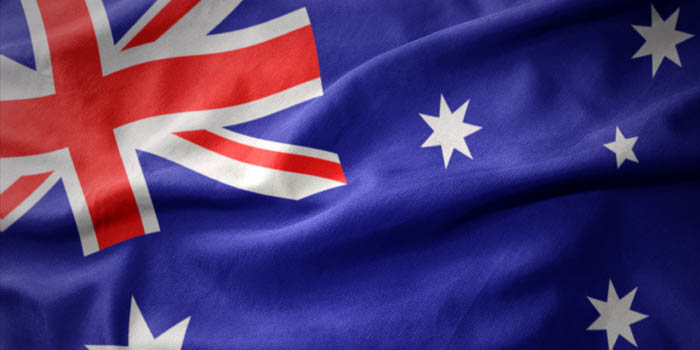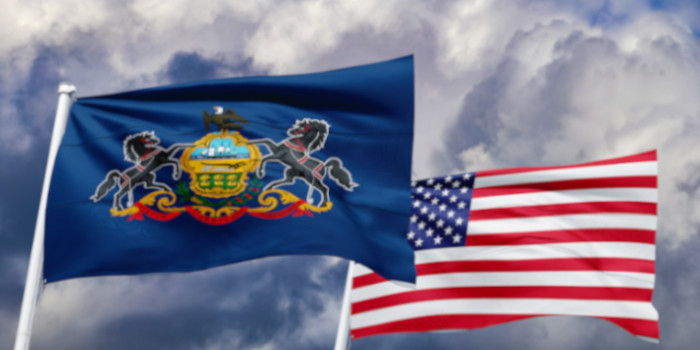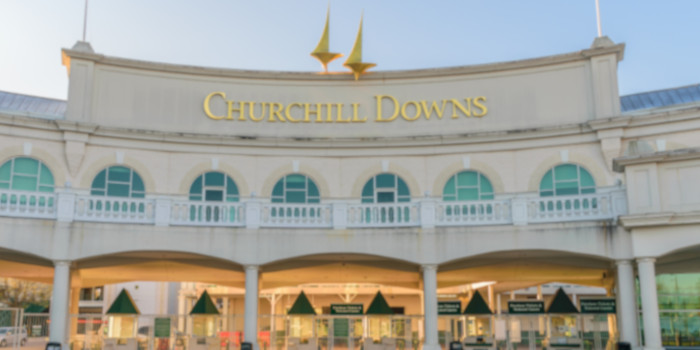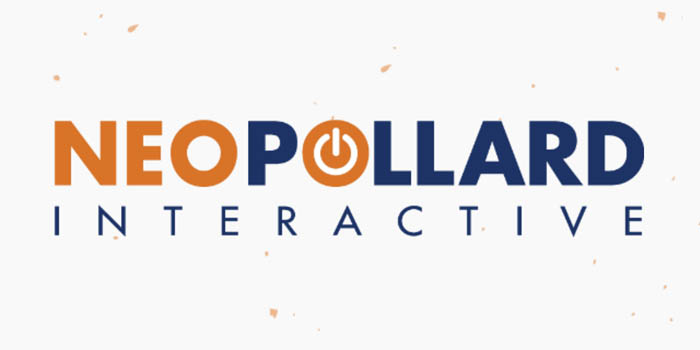Online Bookies on Brink of New Taxes in Virginia, Australia
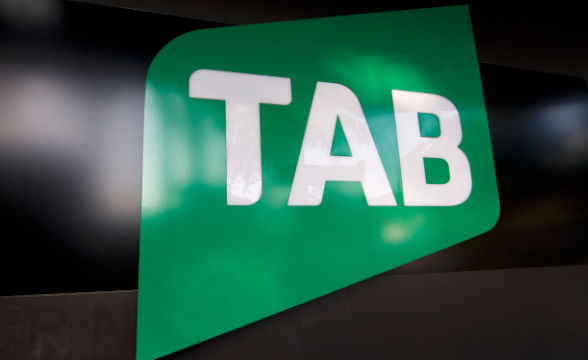
On the one side, you have tax increases, corresponding to the increases in market share, and on the other, you have tax increases slowing growth. Who gets it right in the end?
Increasing Taxes Selectively – Complex Process
Victoria State might be on the verge of a new gaming tax reform, as interested parties are preparing a new campaign to increase taxes for online gaming providers. Currently, the tax is sitting at 10% in Virginia – the lowest in Australia. Adam Rytenskild, chief executive at Tabcorp, Australia’s largest gambling company, said he just wants online rivals “to pay their “fair share”,” since online bookies have traditionally paid lower taxes than homeland-bound operators.
Taxes for online bookies have been a concern for the Australian government for a while now. Back in 2019, a new tax was implemented – the point of consumption tax (POCT). It was first introduced in Victoria and was designed to address concerns about foreign online gaming providers effectively evading paying local taxes.
Taxing to Keep Some of Off-Shore Profits Local
Initially, the tax rate set was just eight percent – a historically low level for the entire industry. Later in 2021, it was raised to ten percent by the Andrews government, making it on par with NSW, however, it was still lower, compared to Western and Southern Australia, the ACT, and Queensland, which are all sitting at the 15% level. Queensland’s Labor government recently agreed upon raising POCT to 20%, following a strong lobbying campaign by the local betting giant Tabcorp.
Mr. Rytenskild is arguing that since online gaming providers are gaining market share, this changes the status quo, calling for an equivalent change in taxes.
“TAB pays double the fees and taxes, which works in a monopoly environment, but the market share has changed. Online operators have increased their share and should be contributing to the industry on a level playing field,” adding that playing “fair” would require paying everyone paying the same taxes.
An unlikely ally in this endeavor to equalize taxes was found the face of The Alliance for Gambling Reform – a local anti-gambling group. Together with TAB, the unexpected pair are talking about a tax overhaul and changes to licensing, as well as advertising, arrangements that the online bookies have been operating under.
As reported by The Age, the chief advocate of the Alliance, has expressed his views about foreign iGaming providers “unfairly” advertising and competing in the local Australian market, while at the same time robbing it of its profits. “Even at a 20 percent point of consumption tax, Victoria will claw back a bit more, but these are still foreign-owned companies not paying their fair share of tax,” Costello said. A proposed solution was to just have the federal government buy out licenses from the Northern Territory, tax profits, and restrict advertising.
To top it all off, shadow treasurer David Davis has seized on the campaign, bringing to question the motivation behind effectively offering tax breaks to foreign online bookies, when compared to local providers in different states, saying “Why should we provide tax breaks to foreign corporations in direct competition with Victorian establishments?”
Online Bookies Argue It Will Slow Down Growth
On the flipside is the online bookmaker lobby group – Responsible Wagering Australia (RWA). Justin Madden – a former Labor minister, was recently appointed chief executive officer, and he also had a few words to say about the tax hikes. Just after Queensland’s tax increases were officially announced, the lobby group made a statement, commenting that while a tax equalization might seem like the way to go for some, it actually helps to “unfairly entrench the monopoly enjoyed by established and land-based wagering service providers at the expense of the new and emerging online industry,” indicating the core disagreement between the two interested parties.
While the local established gaming providers have been enjoying a sort of monopoly, the emergence of iGaming has threatened that. On the one side, tax increases seem reasonable, when looking at the growing market share of online gaming providers. On the other, tax equalization before reaching market share equilibrium might heavily inhibit the growth of said emerging market. In the end, it all might come down to national interests, as online gaming providers are usually off-shore, effectively making their profits off-limits to local governments.
As reported by The Age, a Victorian government spokesperson has assured everyone that “decisions on the POCT rate will be made in the best interests of Victorians and the racing industry.”
Kyamil is a big tech fan, who loves hummus on everything and has enjoyed writing from a young age. From essays, through personal art, to news pieces and more serious tech analysis. In recent years he’s found fintech and gambling collide with all his interests, so he truly shares our core passion for the entire gambling scene and furthering the education of the mass citizen on these topics.

